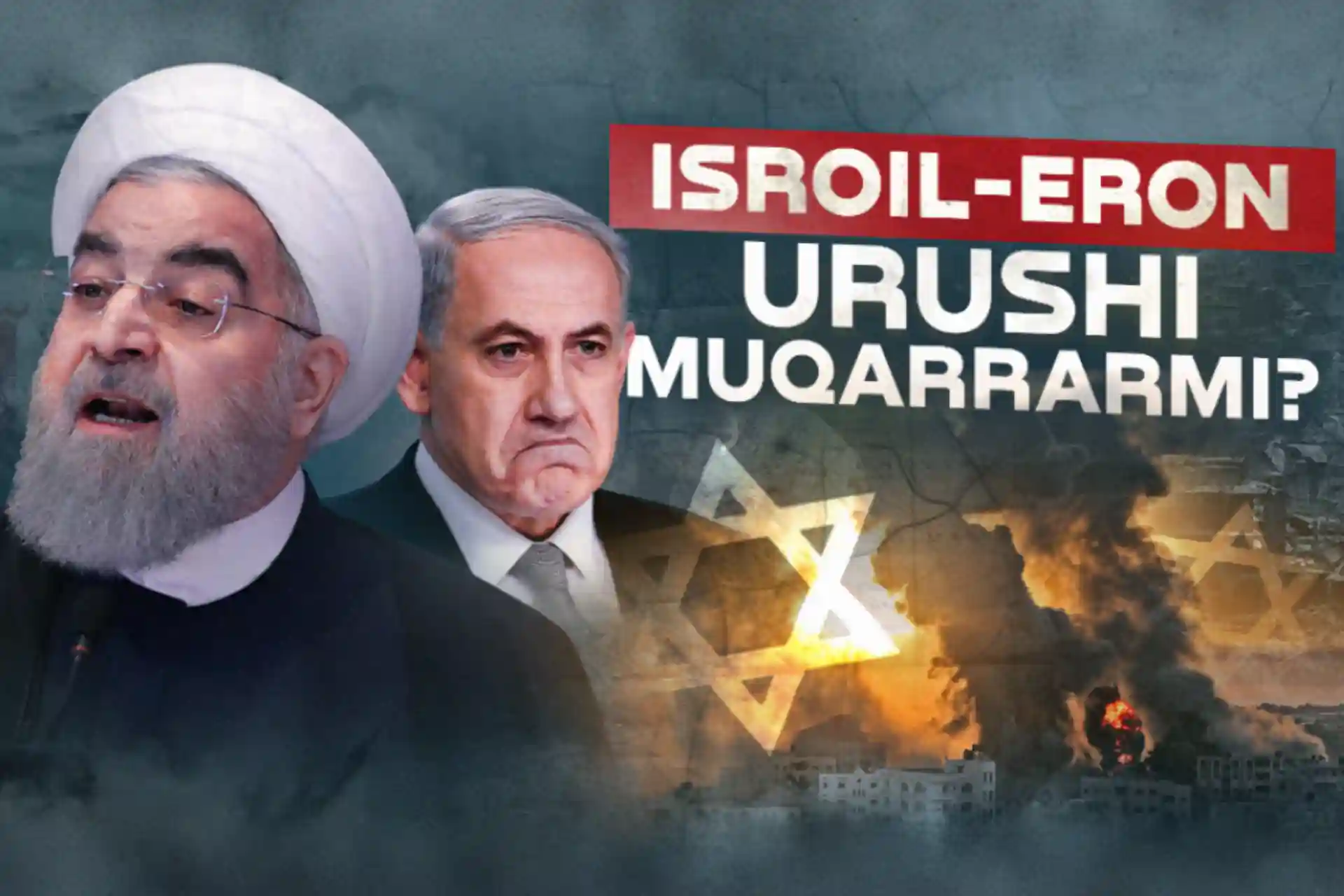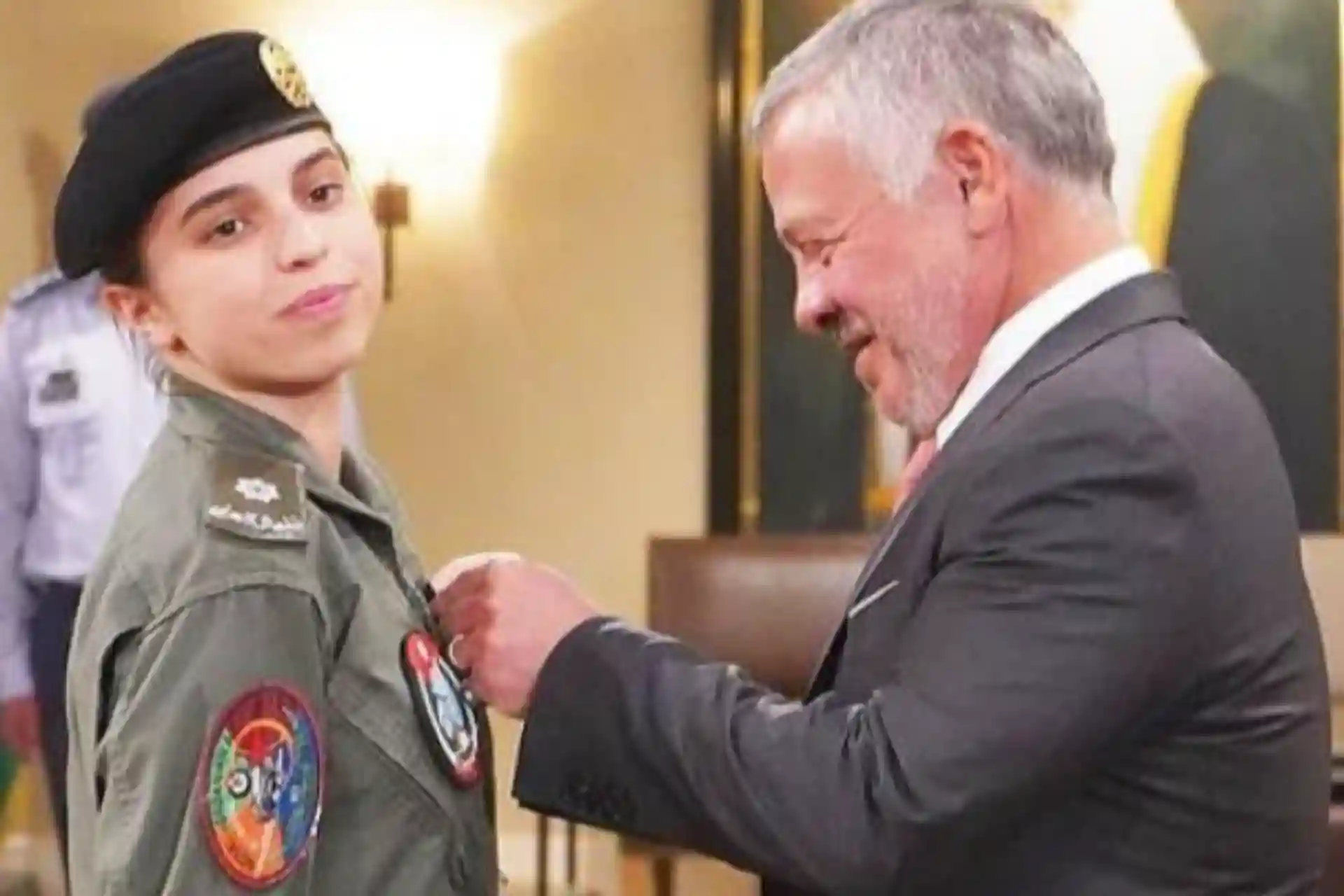Is Israel-Iran war inevitable?
The events of recent days, especially Israel's carnage in Gaza and limited attacks on the Lebanese border, have seriously violated the rules of the anonymous game with Iran.
The tension in the region increased significantly after the Al-Aqsa flood organized by Hamas on October 7. While the worst-case scenario has not yet materialized and a conventional war has yet to break out, Israel appears to have stepped up its attacks against Iran and Hamas, particularly in the past month. In just 8 days, General Razi Mousavi, one of Iran's highest-ranking military officials in Syria and also a diplomat, was killed in an airstrike at his home in Damascus. Another high-ranking representative of Hamas, Saleh al-Aruri, was killed in an airstrike in Dahieh, one of Beirut's districts with strong Hezbollah influence. More than 100 people were killed and hundreds of others were injured in an attack claimed to have been carried out by the United States (USA) at a memorial ceremony held in Kerman, the hometown of the famous Iranian general Qasem Soleimani, who was killed in Baghdad airport in 2020.
All this indicates a policy aimed at seriously aggravating the situation. Although the attacks organized by the United States of America in Baghdad caused the death of Abu Taqwa al-Saidi and several other commanders of Hashd al-Shaabi, who were close to Akram al-Kaabi, the leader of the Shiite Nujabaa movement, the United States does not want a conflict in the region, but if necessary, it is on the Iranian front. also shows that it can take an effective step. The events of the last 10 days, especially Israel's carnage in Gaza and limited attacks on the Lebanese border, have seriously violated the rules of the anonymous game with Iran.
The symbolic importance of the attack in Kerman and the high number of casualties, even if it was carried out by a mercenary terrorist organization like ISIS, in the background clearly shows that Israel seriously wants to draw Iran into the conflict. The postponement of Ibrahim Raisi's long-planned trip to Turkey due to the severity of the incident indicates that various options are being discussed within the country and that Raisi does not want to leave the country in these critical days.
Is the change in Tel Aviv tactical or strategic?
Although the October 7 attack is generally agreed to have been a turning point, like every turning point it is not without the effects of long-term processes. In fact, the conflict between Israel and Iran dates back to the first days of the Iranian revolution. Over time, Israel had to tolerate the rise of Hezbollah, first on its northern borders, and after the Arab Spring, Syria and Iraq came under Tehran's control. Initially, Israel did not perceive a direct threat from the Shia generation, weakened by invasions and internal wars, but instead saw such a formation as less of a threat to mainstream actors in the Islamic world. Nevertheless, the Houthis' seizure of power in Yemen was another major blow to Israel, as evidenced by attacks and ship seizures in the Red Sea. Given the strategic importance of the October 7th attacks and the extent to which Iran's regional gains over the past 20 years have influenced Israel through Hamas, Israel will have to change its strategy, using its "9/11" as an excuse to stop Tehran, which is on the brink of nuclear weapons. can take provocative steps for this purpose.
Such a scenario can be a salvation for Benjamin Netanyahu, whose political life depends on conflicts.
The Netanyahu-Biden dilemma
Israel enjoyed the full support of the United States in its attacks on Palestine and in international diplomacy in the days after October 7, but did not receive the same support from the Joe Biden administration in advancing the war. Not only has the United States refrained from responding disproportionately to attacks by Israel's Shiite organizations, particularly Hezbollah, but it has chosen to respond to many of its attacks across a vast area from the Red Sea to Erbil with measured military tactics and political gestures. In fact, the allegation in the Iranian media that the US sent Tehran a message regarding Palestine and Hamas confirms, despite all events, that the US does not want to exclude Iran from the regional equation, given its global alliances and proxy ties. Likewise, despite warnings from the International Atomic Energy Agency regarding its nuclear activities, the Biden administration has yet to take serious countermeasures, instead raising the issue of Iran's frozen assets and showing that it intends to use it to its advantage.
Tehran's decision
According to the prevailing perception in Iran, the country has increased its influence in the region to a level unprecedented in the modern world, although it has paid a heavy price for its anti-Israel and anti-US policies adopted after the revolution. The high financial costs of heavy sanctions, or the fact that many high-ranking officials, from former President Mohammad Ali Rajoi to General Qassem Soleimani, have been assassinated or killed in acts of terrorism, do not change this long-standing fact. Thus, while Tehran responded to the gruesome killing in 2020 with a carefully calculated missile strike, it has refrained from reacting strongly to the subsequent deaths of its top diplomats and commanders, particularly in Syria and Iraq to Yemen. Nevertheless, the attacks carried out by Israel in the last week show that Israel has literally "pressed all the buttons at once". It is unclear whether these actions by Israel are deliberate steps or the methods used by Prime Minister Netanyahu to save his life. However, taking into account the above-mentioned actions, the attitude of the Tehran administration towards Tel Aviv's position should still be considered very passive and soft.
The other side of the coin suggests that Iran's exit from the situation is more difficult. Tehran is struggling with serious political and economic crises inside the country deepened by the US sanctions, as well as the commonly promoted "at least we are not like other countries in the region, our security is much stronger!" Criticism of passivity in the face of actions that undermine the rhetoric of
With the government of Ibrahim Raisi, the administration is effectively depleting its strategic internal political reserves, and the exclusion from the political scene of the moderate reformist groups it blames for various problems further narrows its internal room for maneuver.
If Iran continues to remain silent in the face of Israel's far-reaching attacks, the issue will be more pronounced as a necessity rather than a choice, and it will have an emboldening effect on Israel. On the other hand, recent sharp statements by the Houthis show that Iran's cautious approach is beginning to be questioned even by its closest allies. In a revolution-weary Iran, the question of when, if not now, 44 years of bitter slogans will come to fruition is less important, but the issue is often raised by more ideologically driven regional allies. In short, faced with a difficult choice, Tehran's response to Netanyahu's latest attacks will be decisive for the future of the region. If Iran continues to believe that this long-term picture is in its best interests, it will continue to maintain a posture of restraint in the face of attacks and leave the rhetoric of retaliation for the indefinite future. Because ultimately, Iran's decision-makers will realize that a full-scale conflict with Israel will soon go beyond the scope of a conventional two-sided war.


